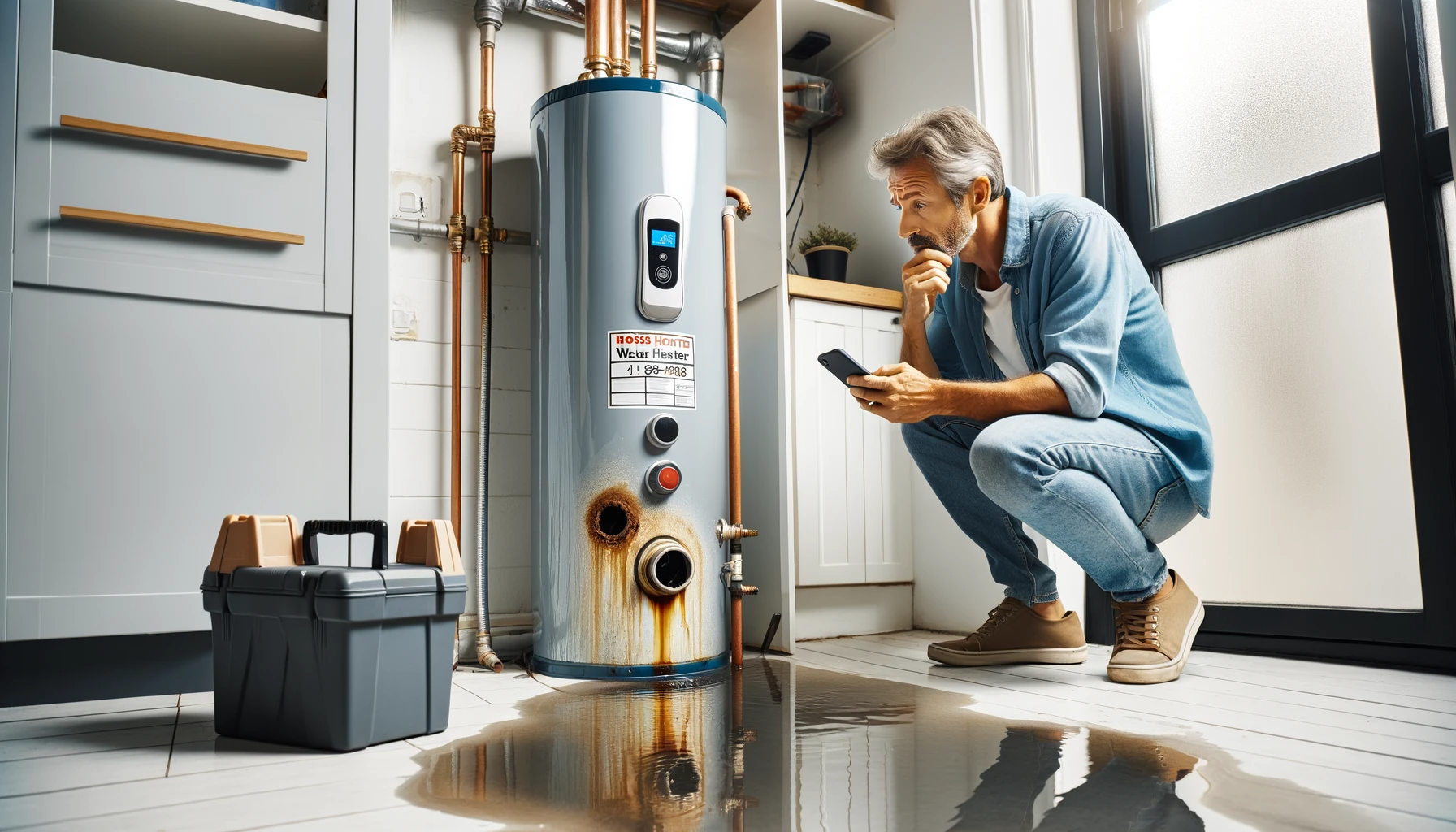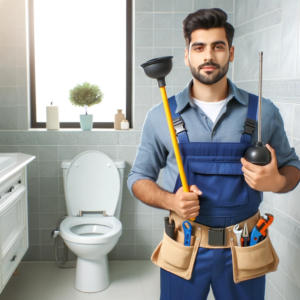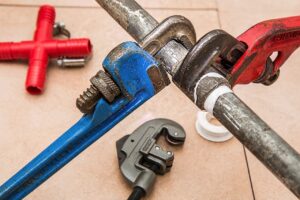Water heaters are an essential component of modern homes, providing the comfort of hot water for daily activities. However, discovering rusty water or a leak in your water heater can be alarming. Not only does it signal potential damage to your appliance, but it also poses risks to your property and health. In this comprehensive guide, we’ll explore the causes, signs, and solutions for the issue of rusty water leaking from water heaters, ensuring you have all the information needed to address this problem effectively.
Table of Contents
Introduction
Discovering a leak in your water heater can be a source of frustration and concern. The presence of rusty water is often a telltale sign that something is amiss with your heating system. Quick action is crucial to prevent extensive water damage and ensure the safety of your home’s water supply. In this guide, we’ll delve into the reasons behind rusty water leaking from water heaters and provide practical advice for resolving this issue.
Understanding Water Heater Leaks and Rusty Water
Rusty water typically indicates the presence of iron or steel corrosion, suggesting that some part of your water heater or piping has begun to deteriorate. This can lead to leaks and compromise the quality of your hot water supply. The health implications of rusty water include the potential for contamination, which can be hazardous if consumed.
Identifying the Source of Rusty Water and Leaks
Determining the source of rusty water is essential for effective troubleshooting. If you notice rust only when using hot water, the problem likely lies within your water heater. However, if both hot and cold water are discolored, the issue might stem from your household pipes. It’s also important to consider the age of your water heater, as units typically have a lifespan of 8-12 years.
Common Causes and Signs of Water Heater Leaks
Several factors can contribute to a water heater leak:
- Leaking from the Top: Loose or corroded inlet/outlet valves and fittings can cause leaks at the top of the water heater.
- Leaking from the Bottom: A faulty drain valve or internal tank issue may lead to leaks at the bottom.
Signs to watch for include:
- Reduced Hot Water Supply: A decrease in hot water could indicate a leak.
- Strange Noises: Sounds like knocking or popping are often caused by sediment accumulation.
Immediate Actions to Take When You Notice a Leak
When you detect a leak, immediately shut off the power supply and water to the water heater. Begin by inspecting the unit for visible signs of leakage and assessing whether there’s a need for a professional plumber’s intervention.
Diagnosing and Troubleshooting Water Heater Issues
To diagnose a leak, start by checking the thermostat settings and pressure levels. If you’re comfortable with DIY repairs, you may attempt to drain the tank, inspect for damage, and tighten any loose connections. However, if the issue persists or is severe, it’s best to seek professional help.
When to Call a Professional Plumber
If you’re facing a significant leak or are not confident in performing repairs, it’s time to contact a professional plumber. Our experienced technicians at The Best Plumbing Services are available 24/7 to assist you with emergency services and expert advice. Don’t hesitate to call us at 1-866-228-4886 for immediate assistance.
Preventative Maintenance to Avoid Future Leaks
Regular maintenance is key to preventing future leaks. This includes inspecting pipes and valves, draining sediment, and scheduling annual professional check-ups. Additionally, installing a water softener can help mitigate the effects of hard water and prolong the life of your water heater.
Repair vs. Replacement: Making the Right Choice
Deciding whether to repair or replace your water heater depends on several factors, including the age of the unit, the extent of damage, and the cost of repairs. If your water heater is nearing the end of its lifespan or the damage is extensive, investing in a new, energy-efficient model may be the most cost-effective solution.
Conclusion
Promptly addressing the issue of rusty water leaking from water heaters is essential to maintain the safety and comfort of your home. Regular maintenance and timely repairs can go a long way in preventing leaks and ensuring the longevity of your water heating system.
FAQ Section
- Can you shower if your water heater is leaking? It’s not recommended to use your water heater if it’s leaking, as it can lead to further damage and safety hazards.
- Are water heater leaks dangerous? Yes, they can cause water damage and may pose a risk of electrical hazards.
Remember, at The Best Plumbing Services, we’re always ready to help you with your plumbing needs. Whether you need routine maintenance or emergency repairs, give us a call at 1-866-228-4886, and our team of highly experienced technicians will be there to assist you.




